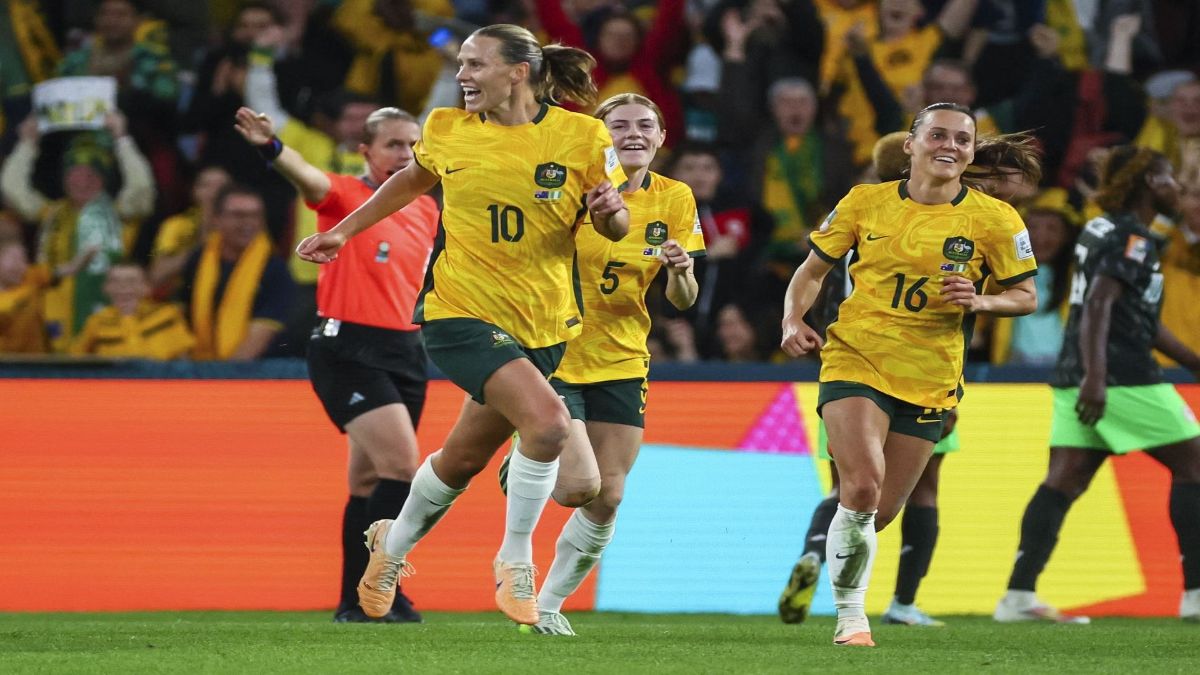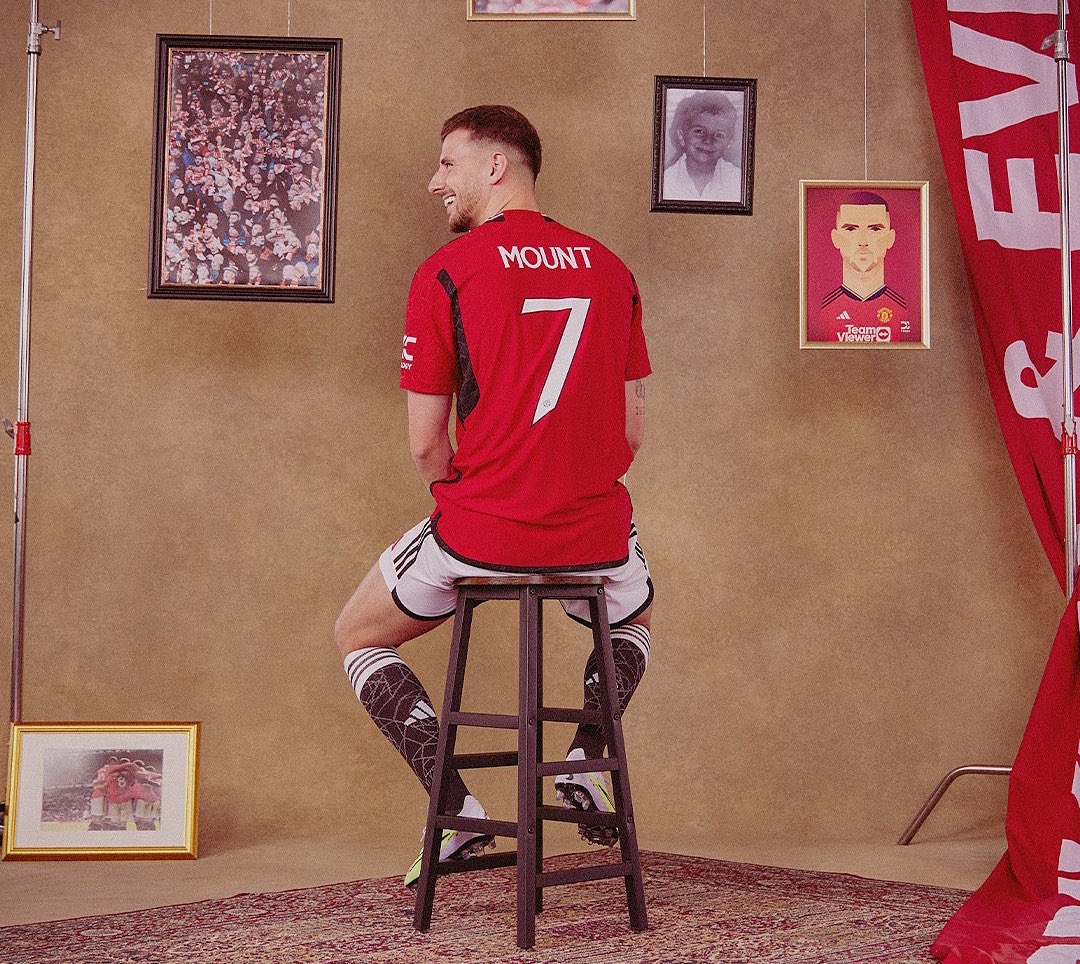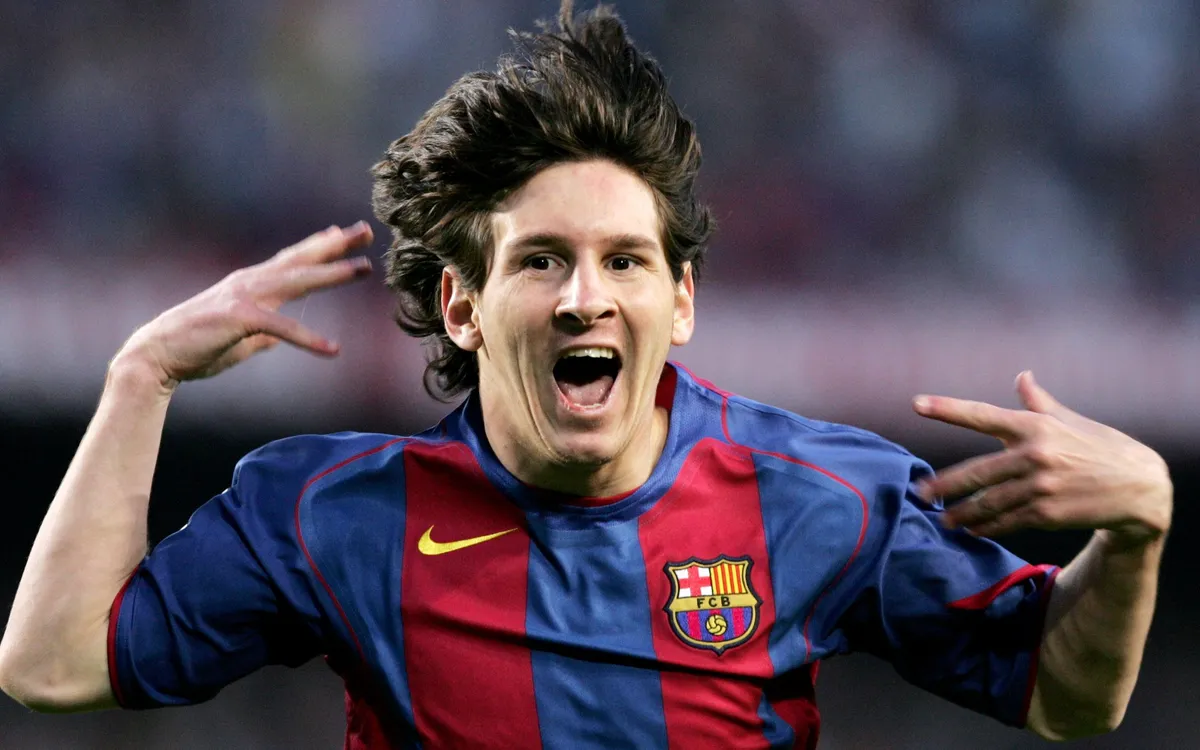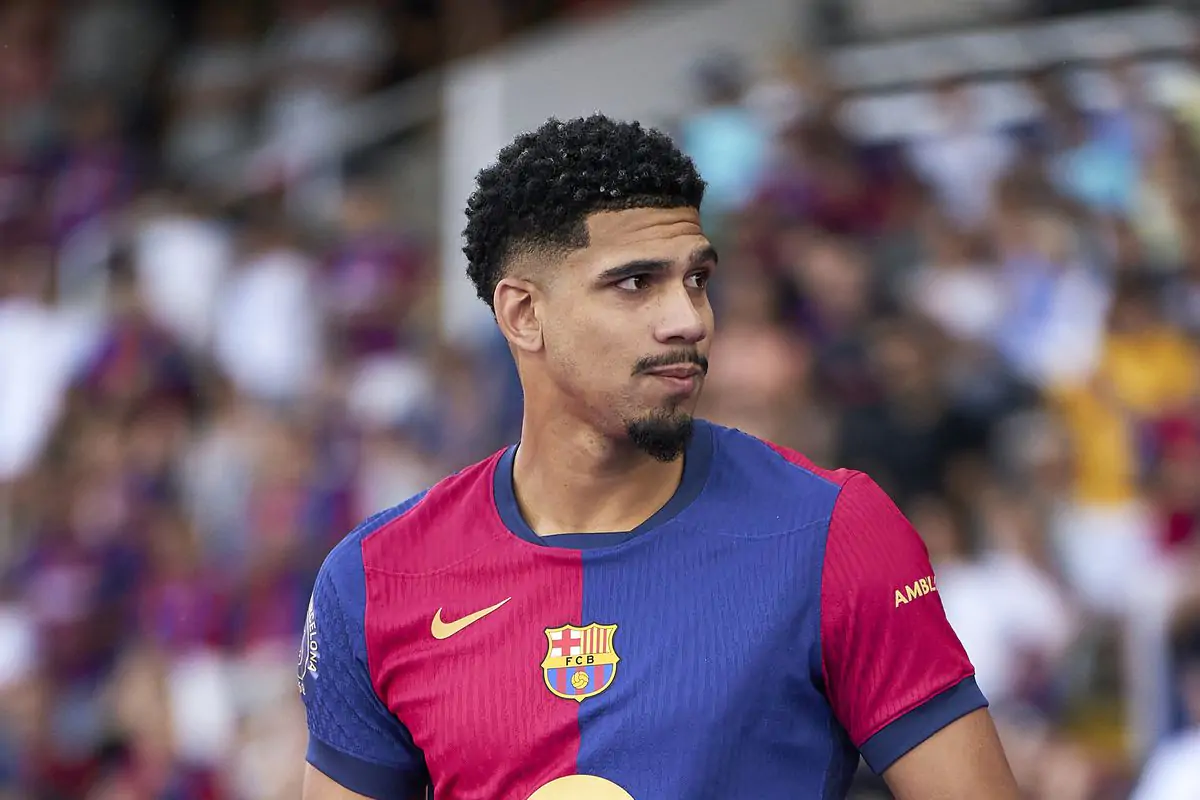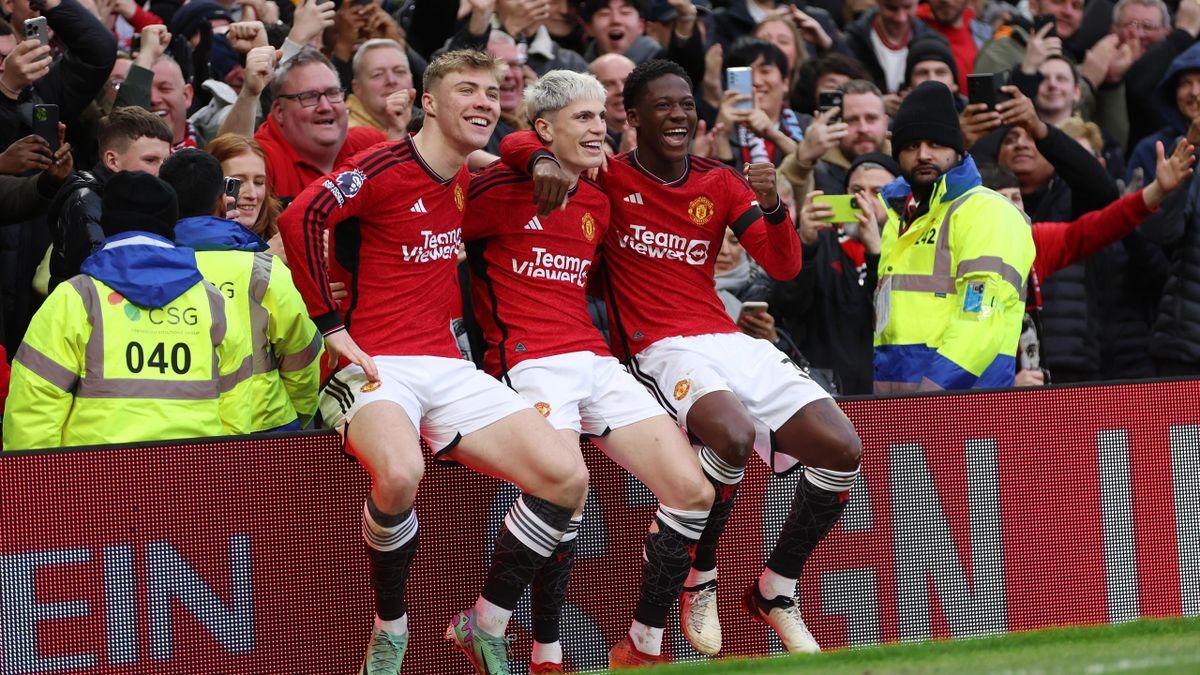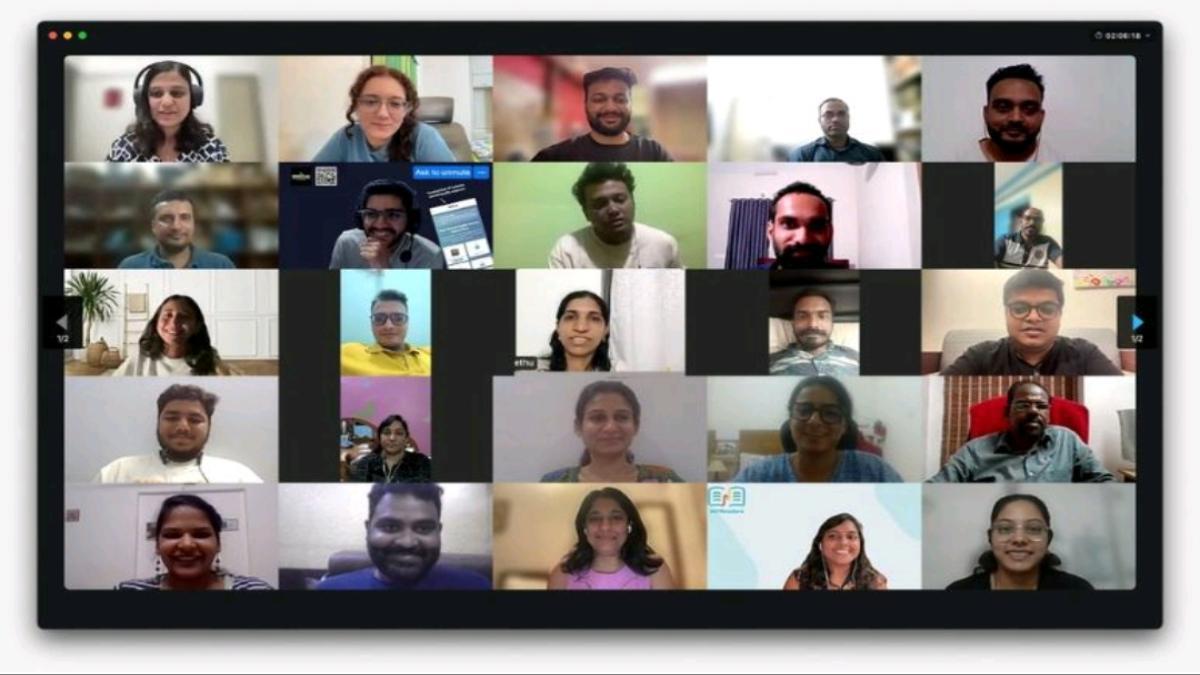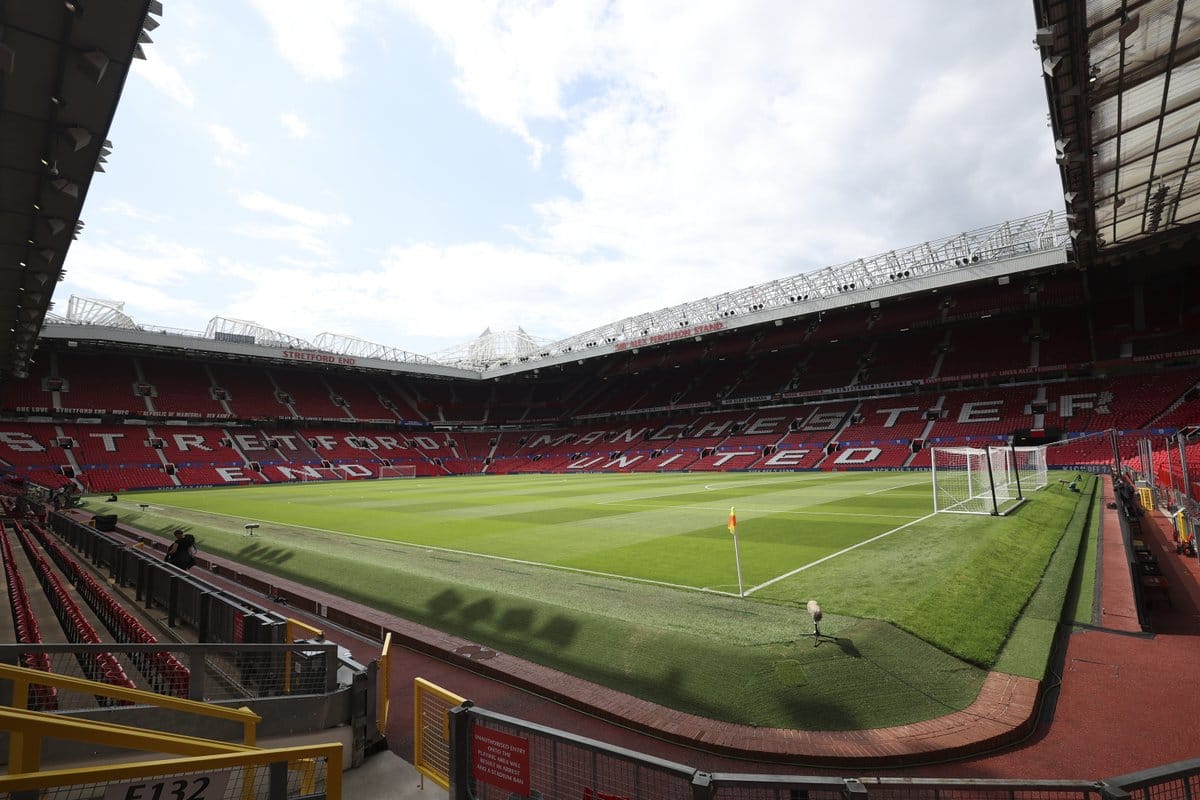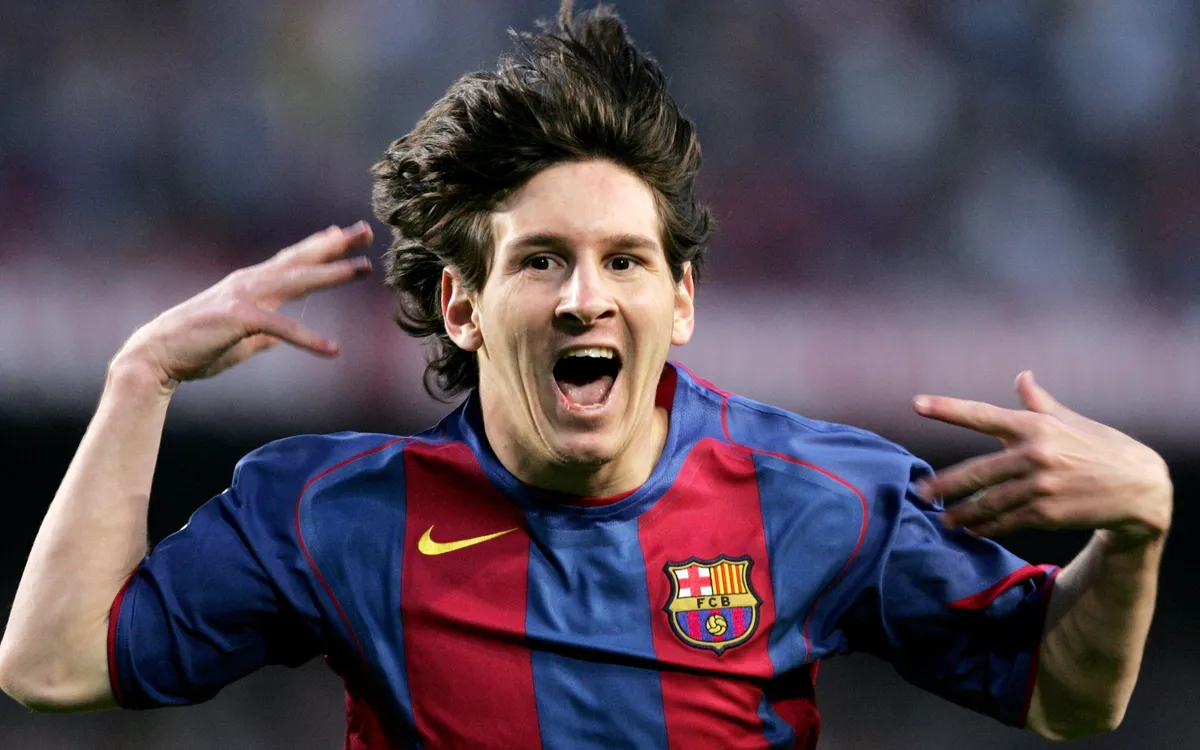Melbourne, Aug 7 (360info) The eyes of the sporting world are on Australia and New Zealand, as the best women in football compete for glory at the FIFA Women’s World Cup.
It comes less than a year after the much-criticised men’s World Cup in Qatar, which culminated with Argentinian great Lionel Messi leading his country to a historic victory over France in the final.
A lot has changed in football since then: Cristiano Ronaldo was lured to Saudi Arabia on a contract rumoured to be worth more than €200 million per season (US$218.8 million).
Ronaldo’s former club, Manchester United, is for sale and the frontrunning bidder is a Qatari royal. United’s crosstown rival, Manchester City, is owned by the vice president of the United Arab Emirates.
Messi left reigning French champions Paris Saint-Germain, a club which is owned by the Emir of Qatar, to join American side Inter Miami on a deal worth up to USD$60 million per year.
Shortly after, Messi’s PSG teammate Kylian Mbappe was reportedly offered a USD$1.1 billion annual salary to join Saudi Arabian club Al Hilal.
But Mbappe appears focused on reaching Spanish giants Real Madrid, which is seeking a striker to fill the void left by Karim Benzema, the reigning Ballon d’Or holder (awarded yearly to the best men’s footballer in the world), who now plays for Al Hilal’s arch rival, Al-Ittihad.
Coming on the heels of Qatar’s USD$200 billion World Cup, critics have lined up to label this seismic spending from the Gulf as “sportswashing”. The term, without a universally accepted definition, refers to the practice of governments spending money on sports to draw attention away from issues such as human rights abuses.
It conjures visuals like Messi in Qatar, hoisting the World Cup, while wearing a bisht (a traditional Arab robe), an “emotionally laden” image identified by Tilburg University’s Alfred Archer and Duke Kunshan University’s Kyle Fruh as an instance of sportswashing.
“Qatar can expect [the Messi photo] to overwhelm the emotionally fraught image of abused and exploited migrant labourers in a global audience’s thinking about the country,” they write.
“And Saudi Arabia may hope that soon it will be closely linked in popular imagination with all the excitement and fondness elicited by elite boxing, glamorous global football stars, and the world’s best golfers rather than, for example, the murder of journalist Jamal Khashoggi.” Human rights were a prominent issue at the Qatar World Cup. Australia’s men’s national team released a video ahead of their participation in the tournament raising concerns over Qatar’s treatment of migrant workers and LGBTQ+ people.
As Simon Chadwick of Skema Business School points out, the same scrutiny has not followed the women’s World Cup in Australia and New Zealand.
“Few have raised objections to Australia’s hosting of the World Cup, despite facing human rights issues of its own,” he said.
“Australia’s high rate of Indigenous incarceration and deaths in custody has drawn criticism at home and abroad. As of October 2022, almost every child in Australia’s Northern Territory youth jails is Indigenous.
“Australia has also been condemned for its indefinite detention of asylum seekers and immigrants, which the UN’s torture watchdog labelled “inhumane” in May 2023.” Messi’s move to Florida has not had the same political charge as, say, ex-Liverpool FC captain Jordan Henderson’s signing with Saudi Arabia’s Al-Ettifaq. Henderson, who has participated in LGBTQ+ allyship campaigns, has been branded a “massive hypocrite” whose decision has caused “hurt and division” in a statement from Liverpool’s club supporter’s board.
Meanwhile, Messi has enjoyed little scrutiny for playing in the state governed by Republican president hopeful Ron De Santis (The New Yorker described De Santis as one of the “notably absent” at Messi’s Inter Miami debut).
De Santis has brought to power ‘don’t say gay’ laws, restrictive abortion laws and promised to wind back the rights of non-citizens if he takes office in 2024.
Football has power, as do the billions of dollars being spent across the world to harness it. Just as Doha hopes images of a bisht-clad Messi can prompt positive associations with Qatar, Canberra too would hope that the Indigenous imagery used during the women’s World Cup washes away the world’s poor perception of Australia in regards to its treatment of First Nations people. As countries use the world game to further their own aims, 360info turns to the experts to analyse how football and power relate to one another and what might come next. (360info.org) AMS AMS
Source: PTI News


